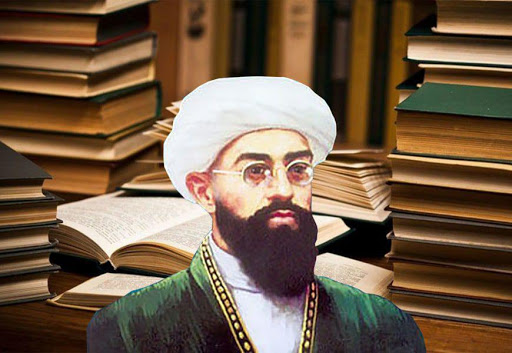Uzbekistan is gearing up for a grand celebration to mark the 150th anniversary of Mahmudkhoja Behbudi, a towering figure in the history of the Jadid movement in Turkestan. President Shavkat Mirziyoyev has issued a decree outlining extensive plans to honor Behbudi, a writer, educator, publisher, and reformist who played a pivotal role in shaping modern education and cultural identity in Central Asia.

A Legacy of Enlightenment and Reform
Born in the late 19th century, Mahmudkhoja Behbudi emerged as a beacon of hope during a tumultuous era for Turkestan. As a leader of the Jadid movement, he championed progressive reforms in education, literature, and media. Despite resistance from the Tsarist regime and conservative factions, Behbudi founded modern schools, developed educational materials, and established theaters and publishing houses. His literary contributions include over 200 articles and the iconic play Padarkush (The Patricide), staged in 1914 and credited with laying the foundation for Uzbekistan’s theatrical tradition.
Behbudi’s life was cut short at the age of 44, but his influence endures. In the years since Uzbekistan gained independence, efforts to commemorate his legacy have intensified, including the establishment of a house museum in Samarkand, a monument in Tashkent’s Alley of Writers, and the Mahmudkhoja Behbudi Prize for Dramaturgy.
Comprehensive Commemoration Plan
The presidential decree emphasizes the educational and cultural importance of Behbudi’s work in inspiring the youth of New Uzbekistan. A wide range of initiatives is planned for 2025:
1.Publications and Media
•A collection of Behbudi’s selected works and biographical books will be published.
•Digital platforms will promote his writings, ensuring accessibility for younger audiences.
•Documentaries and films about his life will be broadcast.
2.Art and Performance
•Theatrical performances and exhibitions will showcase Behbudi’s contributions to drama and the visual arts.
•A new play about his life will debut, accompanied by screenings of the series Mahmudkhoja Behbudi and related films.
3.Educational Outreach
•Competitions on the theme “Lessons from Mahmudkhoja Behbudi” will engage students across the country.
•Educational institutions will host literary evenings and discussions about his legacy.
4.Scientific Discourse
•An international conference on Behbudi’s contributions to the Jadid movement will be held at Samarkand State University.
5.Community Engagement
•Memorial events, including a grand literary evening at the Alisher Navoi State Academic Grand Theater, will unite the nation in honoring Behbudi.
•Public spaces will be renamed in his honor, including a street in Karshi.
6.Infrastructure Enhancements
•The house museum in Samarkand will be refurbished, and its exhibits expanded.
A Nation United in Celebration
The decree tasks an organizational committee with ensuring that the events are executed at the highest level. Uzbekistan’s media outlets will play a pivotal role in raising public awareness of the festivities. Funding will be sourced from the state budget and supplementary contributions.
Who were the Jadids?
The Jadid movement, emerging in the late 19th and early 20th centuries, focused on reforming education and culture among Muslim communities in the Russian Empire, especially in Central Asia. Likewise, the Alash movement in Kazakhstan aimed to modernize Kazakh society through political, cultural, and social reforms. Although both movements were suppressed by the political limitations of their era, they left behind a profound intellectual impact.
The Enduring Legacy of the Jadids: National Identity and Reform in Uzbekistan
In 2023 the Jadids were celebrated on December 11-12, 2023, at an international conference in Tashkent bringing together scholars to discuss the Jadid movement’s influence on independence, national identity, and statehood.
Dr. Adeeb Khalid, author and expert on Central Asian studies and history, emphasized the Jadids’ pivotal role in shaping modern Central Asian identities and their efforts to harmonize Islamic heritage with modernity in an interview with Daryo. “The Jadids have a very important role in the articulation of modern national identities in Central Asia,” Khalid noted. He also highlighted their advocacy for education and women’s rights, revolutionary ideas that continue to influence contemporary values.
In her address, Saida Mirziyoyeva connected the movement’s educational initiatives with current reforms, remarking, “The Jadids of Turkestan understood that their ideas of enlightenment could only be realized through schools of a new model… Today we are trying to bring their ideas to life.”
President Mirziyoyev’s remarks, delivered by his official speech writer, further celebrated the Jadids’ contributions, stating, “Our ancestors… believed the main way to get our people out of ignorance and backwardness… is in knowledge and enlightenment.”
Comments (0)